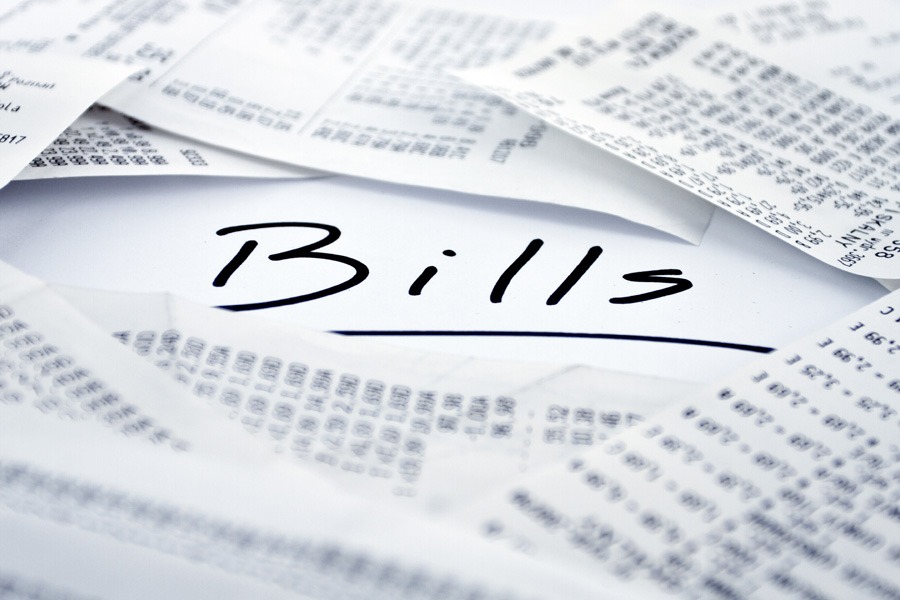
Preparing for Bills: Income and One Time Purchases
Successfully managing your money depends on understanding the two different types of payments you’ll make: fixed and variable expenses. There’s the misconception that if you spend less on your variable expenses, you’ll have more money to afford higher fixed expenses. But this isn’t always the case.
Expenses
Fixed Expenses
Fixed expenses entails things like your rent or mortgage payments, car payments, and health insurance premiums. These are more often than not non-negotiable, which means you can count on having to pay the same amount each month.
Variable Expenses
The opposite of a fixed expense is the one that fluctuates, though it typically relies on spending habits rather than changes in price. Variable expenses include things like groceries, entertainment, and gas for your car. They change based on how much you use each one. For most people looking to cut back their budgets, variable expenses are a good place to start.
Income and Budget
When it comes to managing your own budget, the fixed expenses come first. Then you can determine how to split up the rest for variable expenses and your various savings goals, like retirement and a vacation fund.
Depending on your expenses and income, the amount you’re able to save from every paycheck could vary. For those unable to make significant deposits to their savings, it may be time to take a hard look at all of your expenses and find the most effective ways to meet your financial goals.
Staying Balanced While Making a Budget
There’s a lot of financial advice that points to extreme frugality in order to meet your budget. And while you definitely need to look at the reality of your situation, it’s important not to overdo it at the expense of enjoying life. Should you eat out to lunch every day if you can’t also save for retirement? Probably not. But you also shouldn’t berate yourself for going out to eat every once in a while.
Target Excessive Spending Areas
We all have guilty pleasures that may take up more of our budget than necessary. When you’re trying to make a budget that fits your income and hobbies, look at areas where you spend the most, then identify ways you can scale back. It doesn’t mean you have to never have any fun. If you love to travel, maybe you take a weekend getaway by car rather than charging a plane ticket across the country. Find ways to swap out less expensive alternatives, or cut your spending by a certain percentage.
Review Both Types of Expenses
Eliminating your once-a-week $5 coffee isn’t going to miraculously solve any budget shortfalls, but you can find ways to reduce your overall spending by looking at both your fixed and variable expenses. You may need to start small, but also look at big ticket items that could save larger amounts, like refinancing a car loan to a lower rate or canceling a few streaming services.